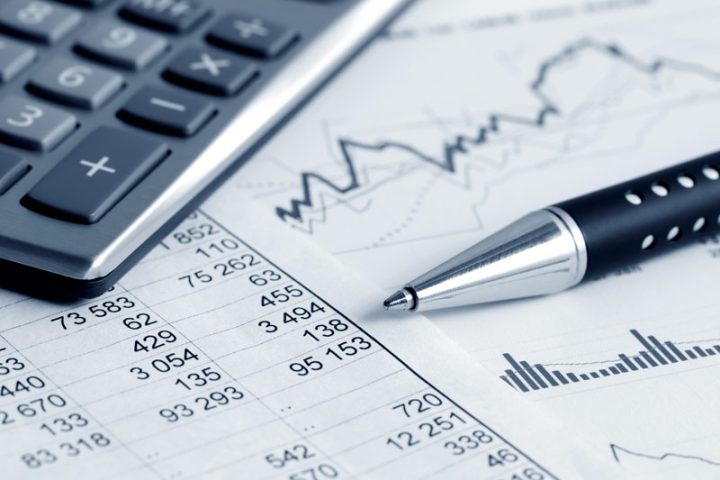By Danial Azhar and Rozanna Latiff
KUALA LUMPUR (Reuters) -Malaysia said on Friday it would introduce a capital gains tax and a tax on high-value goods and gradually cut subsidies to bolster its fiscal position, as an economic slowdown puts a strain on government spending.
Prime Minister Anwar Ibrahim is under pressure to revive Malaysia’s export-driven economy amid moderating growth, a weakening local currency and a rising cost of living.
As part of a smaller spending plan for 2024, Anwar, who is also finance minister, announced a shift away from blanket subsidies to a system that mainly aids lower-income groups.
“Although subsidised goods help the people minimise the cost of living, the fact remains that subsidies benefit the rich more, and low prices have increased wastages and smuggling out of the country,” Anwar said in his budget speech to parliament.
Malaysia subsidises petrol, cooking oil and rice among other items and has seen that expense climb to record levels in recent years due to higher commodity prices.
Anwar said diesel subsidies will be cut in a phased manner, while temporary price controls on chicken and eggs will be lifted as supplies had stabilised.
Savings from subsidy cuts would be channelled to cash aid for the needy, which will now increase to 10 billion ringgit ($2.12 billion) from 8 billion ringgit, he added.
Inflation is expected to tick up due to the removal of some subsidies. Malaysia expects inflation at 2.1% to 3.6% for next year, compared with this year’s estimate of 2.5% to 3%.
Anwar also announced new and higher taxes to increase government revenue.
A capital gains tax would be introduced for the sale of unlisted shares at a rate of 10% from March 1 next year. A tax of 5% to 10% would also be introduced for luxury goods, he said, without specifying the value of goods that would be subject to the tax. The current tax on services would be increased to 8% from 6%, although the tax increase would not apply to some services such as food and beverage and telecommunications.
Malaysia will introduce a minimum tax in 2025 for companies with a global income of at least 750 million euros ($789.00 million) per year, in line with international standards, Anwar said.
The efforts are expected to help Malaysia narrow its fiscal deficit to 4.3% of gross domestic product (GDP) in 2024 and 3% in the medium term, from an estimated 5% this year.
The economy, meanwhile, is expected to grow at about 4% this year – a slower pace than previously expected, and 4% to 5% in 2024, driven largely by domestic demand.
Anwar, in his speech to parliament, said his government was confident that 2024 economic growth would reach close to 5%.
External factors such as deepening geopolitical tensions and tightening of monetary policies are increasing the risk of a global slowdown and affecting Malaysia’s prospects, the government said.
Amidst a global slowdown, Malaysia plans to spend 393.8 billion ringgit ($83.52 billion) in 2024, lower than this year’s spending estimate of 397.1 billion ringgit.
Malaysia is projected to spend 52.8 billion ringgit on subsidies and social assistance in 2024, down from the 64.2 billion ringgit expected this year.
Revenue for next year is expected to jump to 307.6 billion ringgit from 303.2 billion ringgit.
State oil company Petronas is expected to pay the government a dividend of 32 billion ringgit next year, lower than the 40 billion ringgit projected this year, reflecting reduced dependency on petroleum-related revenue.
Federal government debt is seen at around 64% of GDP in 2024, up from 62% this year.
The government said it is committed to reduce the debt-to-GDP ratio through policy measures, including a newly passed fiscal responsibility act.
($1 = 4.7250 ringgit)
($1 = 0.9506 euros)
Read the full article here







